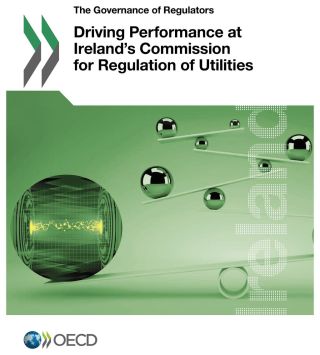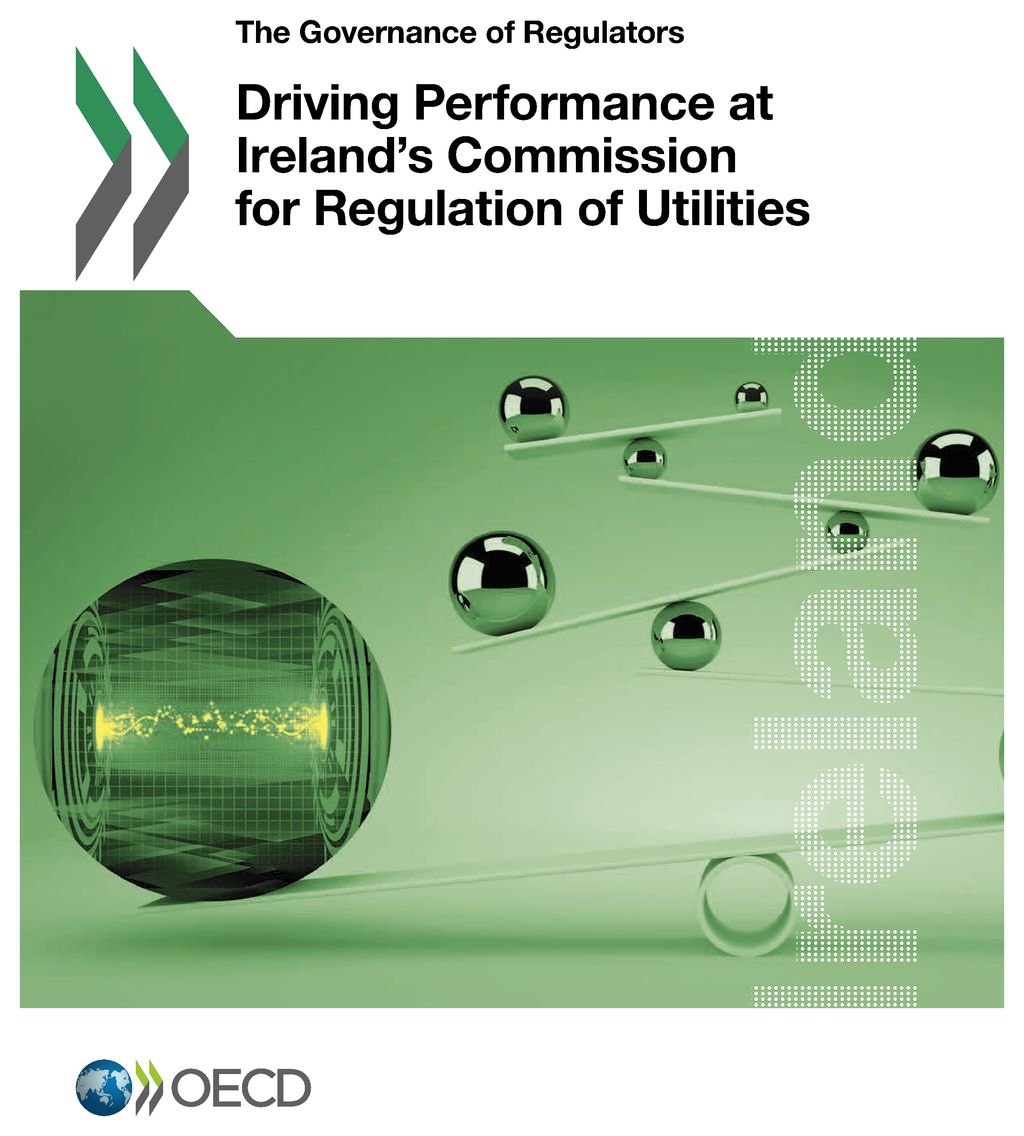‘Comprehensive and Necessary’ Reform of the Utilities Regulator needed – OECD


Successive Governments have continued to look to private entities to deliver public services. This has given rise to a regulatory emphasis on safeguarding competition rather than protecting the consumer, leaving households dependent on essential services at the mercy of market forces. The recommendations in a recent OECD report provide salutary advice.
The OECD has published its report on the Commission for Regulation of Utilities (CRU) recommending a ‘comprehensive and necessary reform package’ to enhance the regulator’s performance and increase transparency. The recommended reforms, according to the OECD, are not ‘nice to have’ but necessary for the future operation of the CRU. These recommendations are:
- Asserting the leadership of the CRU as a multi-sector economic and safety regulator. This would involve the CRU creating a strong ‘brand’, focusing on its independence as a regulator and communicating its priorities to the wider population. Social Justice Ireland believes that key among these priorities should be the protection of consumers, particularly vulnerable consumers, and their use of essential utilities. In their 2018 report, Left Behind in the Cold? Fuel Poverty, Money Management & Financial Difficulty Among Dublin 10 & 20 MABS Clients 2013 and 2017, Dublin 10 & 20 MABS found that poorer clients who used token meters to keep track of utility spending were subject to a ‘poverty tax’ in the form of surcharges at point of sale. Basic necessities need to be protected and available to all at the lowest possible cost to the consumer. Regulation of the sector must extend to the retail agents selling these meter tokens.
- Ensure the next Strategic Plan (2019-21) includes are clear baseline and monitoring and reporting arrangements on targets. In order for the public to have faith in any regulator, they must have clearly defined and communicated targets for which they are accountable. Monitoring of these targets must be done at a granular level, and the OECD further recommends that each target be broken down into its constituent parts, each with its own targets, to increase accountability.
- Review and rationalise the legislative framework in which the CRU operates to clarify its identity and priorities. While this review is necessary to ensure that the CRU, which has ‘inherited’ its functions from various standalone laws over time works as a coherent and focused regulator, rationalisation of these laws must not be used to reduce protections for consumers.
- Increased transparency in its dealings with Government and State Departments. This is a key recommendation for the CRU as it looks to assert its independence. Transparency is critical to effective regulation as it must be free from vested interests and political bias.
- Design, resource and implement a comprehensive communications strategy to enable increased understanding of its remit and functions across all stakeholders – consumer and market. This communications strategy should focus, at least in part, on consumer protection and rights in the market place, particularly in the areas of switching providers and debt flagging,and provide comprehensive information of consumer options and clear cost structures.
- Assess the capacity to outsource some existing functions while retaining responsibility for oversight and governance. While Social Justice Ireland welcomes the focus of this recommendation on oversight and governance, we are concerned that some or all of this ‘outsourcing’ may be to private entities which would not have the transparency and consumer protection obligations placed on a regulator. Any proposed outsourcing arrangements must be subject to public scrutiny and impact assessment on consumer protection and public expenditure.
- Continue to develop a risk-based approach to enforcement across all regulated sectors. Social Justice Ireland a risk-based approach, with sanctions commensurate with the likely or actual damage caused, and urge the CRU to give equal weight to consumer and commercial risks.
- Pilot joint safety risk assessment inspections with other regulators within the sector, such as the EPA. This would avoid duplication and has the capacity to strengthen existing regulatory frameworks across the whole utilities sector.
Social Justice Ireland welcomes the statement from the CRU of their intention to implement the recommended reform package and urges Government to provide adequate funding to ensure the necessary transparency and consumer protection is a key tenet of the next Strategic Plan.